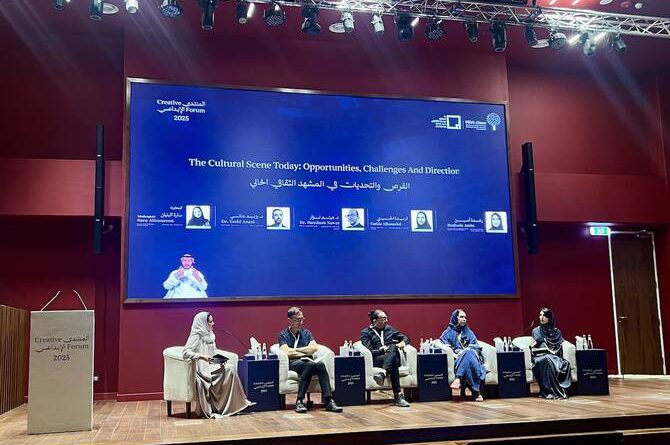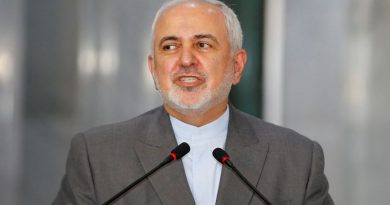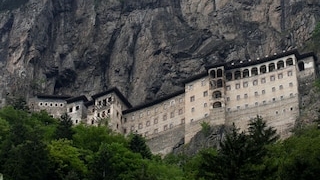Misk Creative Forum Drives Global Cultural Dialogue and Showcases Local Talent
Riyadh – The Misk Art Institute’s annual Creative Forum is emerging as a key platform for promoting cultural exchange and spotlighting local talent on the international stage.
The sixth edition of the forum, held recently at Riyadh Schools in Misk under the theme “Arts Reshaping the World: Social Responsibility of Cultural Institutions,” brought together artists, curators, scholars, and cultural practitioners from across the globe to explore how cultural institutions can drive social responsibility and creative sustainability.
Reem Al-Sultan, CEO of the Misk Art Institute, emphasized the forum’s role in fostering new ideas and cross-cultural conversations.
“Cultural institutions are active participants in shaping identity and collective memory, but they are also agents of change,” she said.
“By convening pioneering voices from across the region and beyond, the Creative Forum 2025 kindles new cultural conversations and highlights innovative approaches to cultural and social responsibility.”
The two-day program featured over 15 panel discussions, talks, and networking events, covering a wide spectrum of topics.
Among the sessions, “Building Art World Legacy Through Archiving,” led by Basmah Al-Shathry, the institute’s lead curator, examined the challenges and opportunities of documenting Saudi art history.
Shathry noted that while archival resources are still developing, initiatives like this forum are crucial for preserving the Kingdom’s cultural heritage and making it accessible for future generations.
Another session, “Margins are the Main Text,” explored the transformative power of art and its role in amplifying underrepresented voices.
Noor Salame, CEO and founder of Kaph Books, spoke about creating a publishing platform rooted in the region with international distribution.
“Our goal is to have our voices heard worldwide, showcasing what is happening in the region’s art scene,” she said. “We were once on the margins, and now our conversations are becoming central. We are archiving, documenting, and sharing our vision with the world.”
The forum also featured a presentation by Abdulrahman Gazzaz, co-founder of architecture studio BrickLab, on documenting the gentrification of Riyadh’s Al-Rawdah neighborhood, highlighting how art and design intersect with social and urban development.
Additionally, workshops and informal discussion sessions allowed participants to engage directly with industry leaders, including photographer Omar Ashour, art adviser Myrna Ayad, and artists Ayman Dayban and Rashid Alsubaie.
Since its launch in 2020, the Misk Creative Forum has hosted nearly 200 speakers from more than 20 countries and welcomed over 14,000 attendees.
The forum has steadily grown into a major platform for cross-cultural dialogue, networking, and creative development, supporting the institute’s mission to empower creativity and foster inclusivity.
Al-Sultan highlighted the importance of showcasing homegrown talent alongside international perspectives, stating that the forum not only amplifies Saudi voices but also encourages meaningful global engagement.
The event demonstrates how cultural institutions can serve as catalysts for both artistic innovation and social impact.
By connecting local creators with global thinkers and practitioners, the Misk Creative Forum strengthens the region’s cultural ecosystem and helps Saudi Arabia share its rich artistic heritage with the world.
Through discussions, workshops, and panels, the forum emphasizes that creativity is not only an avenue for personal expression but also a tool for shaping society, inspiring dialogue, and promoting understanding across borders.
Overall, the Misk Creative Forum 2025 reflects the growing importance of cultural institutions in fostering social responsibility, innovation, and cross-border collaboration.
It highlights how art and creativity can bridge communities, promote inclusivity, and provide a platform for voices that might otherwise go unheard.
As the forum continues to expand, it reinforces Saudi Arabia’s role as a hub for cultural dialogue and demonstrates the transformative power of the arts in shaping a more connected and understanding world



